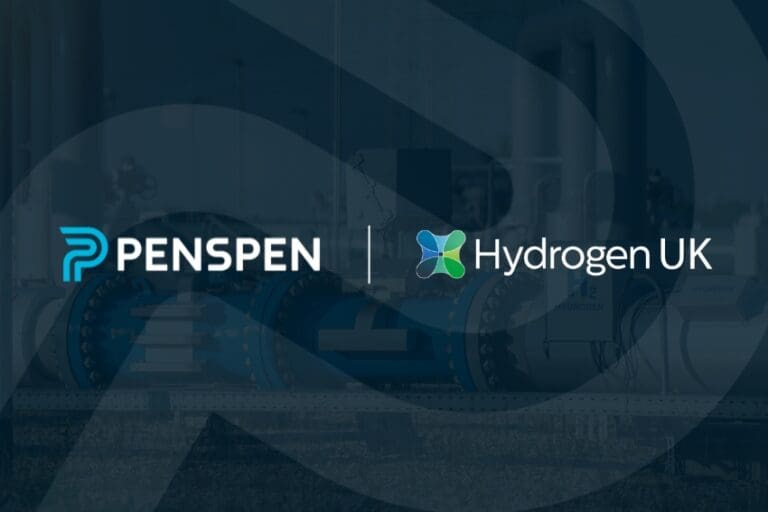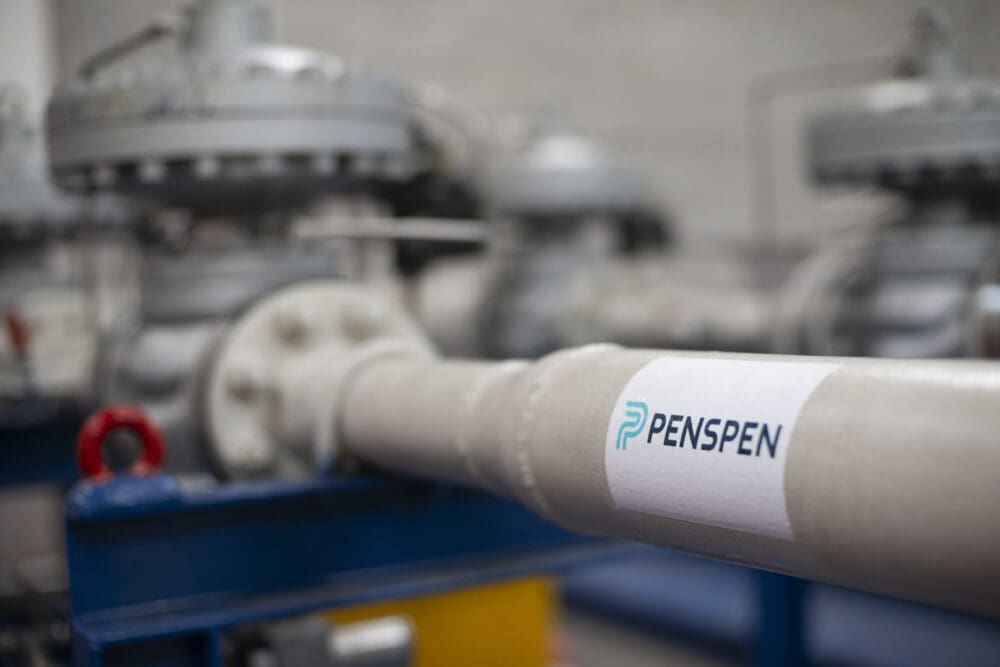Data Management Strategies for an Efficient Implementation of Industry 4.0 Integrity Assessments

Abstract
Operators have a choice of a vast range of specialised integrity assessment software. Often implementation requires investment of significant resources and full return on investment may not be realised. Is it therefore even reasonable to expect that existing software is phased out before the planned amortisation date or point of obsolescence in favour of a single solution?
The authors believe not; this however highlights the existing problem of compartmentalisation within integrity management. An operator, inspection company or engineering consultancy may have implemented the leading software for each specific threat to integrity, but in many cases data transfer is limited to human intervention, often using spreadsheets. The risk caused by human induced errors, and of specific threats being overlooked is increased if integrity assessments are performed in non-interconnected silos.
Cloud infrastructure, artificial intelligence, proliferation or sensing devices, improvements in remote sensing technology, faster processors, access to skills and organisational cultural changes offer opportunities for the pipeline industry to better manage risk to pipelines. In a digital era why would an operator of a pipeline producing dynamic and or high risks accept the results of an assessment based on data that can commonly be 6 months older or more? We know we can access live data from sensors such as corrosion probes, pressure and other operating parameters, so why would the assessment continue to be referenced to a single point in time?
A key question might be; is digitalisation enough, or should the industry be aiming higher and be implementing an Industry 4.0 compatible strategy?
The authors aim to define the above, answer these questions, and demonstrate how improved data management, and improved formats for data transfer can allow implementation of Industry 4.0 pipeline integrity management which reduces compartmentalisation and allows improved deliverables such as live integrity assessments and reporting, which overall can help operators reduce the risk of future pipeline failure.
Insights & News

Overcoming the Challenges in Implementing a Risk-Based Inspection (RBI) Program
Risk Based Inspection (RBI) is a risk assessment and management process that focuses on loss of containment of pressurised equipment in processing and refining facilities, due to applicable damage...

From Carpentry to Colnbrook: Our People – Tom
Tom is a Shift Leader at Colnbrook Rail Terminal, which transports aviation fuel to London Heathrow Airport. In this Our People feature, he shares how a redundancy early in his career showed him the...

Demystifying Hydrogen Fatigue Crack Growth
With the increasing momentum to adopt clean fuels coupled with the scrutinised investment horizons of maintaining ageing gas pipelines, there are well-established and mutually beneficial...

Energy – the final frontier?
The transition from a career developing structures for use in space to solving the challenges of implementing hydrogen infrastructure may not seem straightforward, but for Penspen’s Head of...

Penspen to Deliver Feasibility Study Revalidation for Trans-Saharan Gas Pipeline Project
Landmark project would contribute to African energy independence Penspen, a leading international energy consultancy, has been awarded a contract to provide a feasibility study update for the...

Penspen Joins Hydrogen UK to Drive the Future of Clean Energy in the UK
International engineering consultancy reinforces commitment to sustainable energy by becoming an official member of the UK’s leading hydrogen trade association. Penspen, a leading international...

Penspen Reports $120 Million Worth of New Contract Awards Secured in Second Half of 2024
Company’s comprehensive engineering expertise helps improve energy access for communities worldwide Penspen today announces a positive finish to the fiscal year with $120 million awarded in new...





